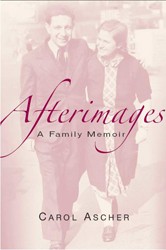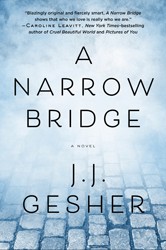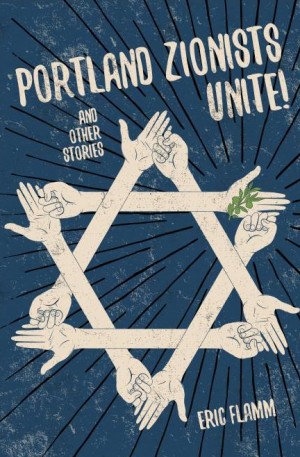A Call from Spooner Street brings the reader into the home of the Rosens, who have lived on Spooner Street in Madison, Wisconsin for decades. Professor Peter Rosen lives there alone since his wife passed away; their only child, Marlene, has moved to New York for undergraduate school, staying for her doctorate in sociology.
The book opens when Marlene learns that her father has fallen in the snow and is being hospitalized for hypothermia. She has feelings of dread while packing to travel to Spooner Street to be at her father’s side: “I mean Peter has never needed anyone, except to listen to his lectures and he’ll make my time with him a misery.”
Peter Rosen is a retired professor and German literature critic. He is also a Holocaust survivor. Although his students “remembered him fondly[…] they joked about his intemperate reaction when they failed to meet his impossible European standards of excellence.” These exacting standards carried into his family life. Peter and Marlene were constantly at odds: “she hated her father’s cruelty and scorned his ambition and mounting achievements.” Having received her doctorate in sociology, she was living alone in New York when she became pregnant. “You’re on your own with this,” he told her. “I’m not interested in your plans.”
But every family goes through cycles of joy and sorrow, conflict and resolution. After the death of Marlene’s mother, Peter’s affection for his grandson allows the Rosens to reunite. “If Peter had continued to be a critical and disparaging father, he had been a devoted grandfather. With Noah, an easy love had made him flexible and forgiving.” Ascher demonstrates how friends — such as Peter’s life-long best friend and university colleague, Walter — can also become an integral part of a family.
The complex, fascinating Rosen family dynamic reflects Ascher’s own personal history as the descendant of Jews who escaped — and some who didn’t — the atrocities of the Holocaust. Through rich and colorful character development, the reader is led to discover the similarities in all families. This novel is a moving, tender, and delightful read.





